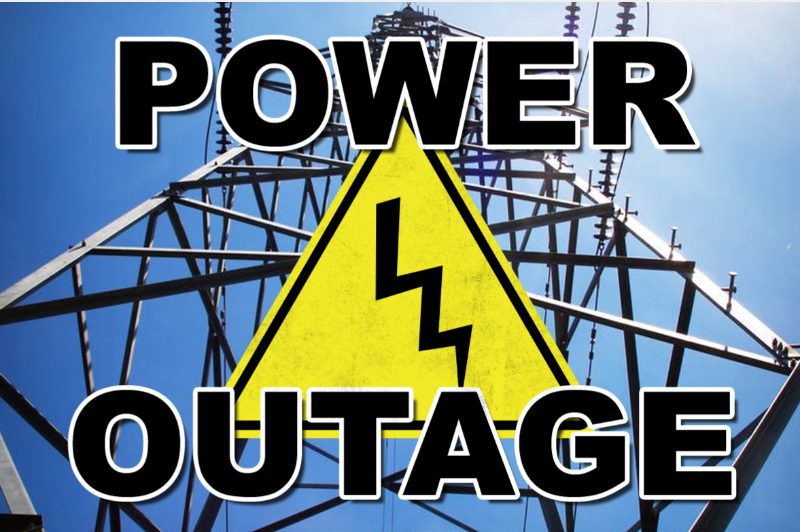How to be prepared for power outage

Preparing for a power outage ensures safety, comfort, and minimal disruption. Here’s a comprehensive guide:
Before the Power Outage
1. Build an Emergency Kit:
Flashlights and extra batteries.
Battery-powered or hand-crank radio.
First-aid kit.
Non-perishable food and bottled water (1 gallon per person per day for at least 3 days).
Manual can opener.
Backup power banks for phones and devices.
Cash in small denominations.
Blankets, warm clothing, and sleeping bags.
2. Prepare Your Home:
Install surge protectors for sensitive electronics.
Keep your car gas tank at least half full (gas pumps need electricity).
Ensure smoke and carbon monoxide detectors have fresh batteries.
Learn how to manually open your garage door.
Identify safe heating alternatives like a wood stove or kerosene heater (ensure proper ventilation).
3. Plan Ahead:
Know your utility company’s outage reporting procedure.
Create a family communication plan.
Learn how to safely shut off utilities if needed.
4. Backup Power Options:
Invest in a portable generator or solar-powered chargers.
Stockpile fuel safely for generators.
5. Protect Food Supplies:
Freeze water bottles to keep the freezer cold during outages.
Know what to discard after an outage (e.g., perishables above 40°F for more than 2 hours).
During the Power Outage
1. Safety First:
Avoid using candles—flashlights are safer.
Unplug appliances to prevent damage from surges when power returns.
Never use a generator indoors or near open windows.
2. Stay Informed:
Use a battery-powered radio or smartphone to check for updates.
Follow local advisories on weather or safety.
3. Stay Warm/Cool:
Close blinds and curtains to retain heat or block out sunlight.
Wear layers or use sleeping bags for warmth.
4. Conserve Phone Battery:
Use low-power mode and turn off unnecessary apps.
5. Keep Food Safe:
Keep fridge/freezer doors closed. The refrigerator stays cold for about 4 hours; a full freezer for 48 hours.
After the Power Outage
1. Check Food and Water:
Discard spoiled food or anything with an unusual smell or texture.
Boil water if advised by authorities.
2. Inspect Your Home:
Check appliances for damage before turning them on.
Reset clocks, alarms, and thermostats.
3. Refuel and Restock:
Replenish emergency supplies and backup power sources.
By staying prepared and proactive, you’ll handle a power outage with confidence and ease.








Responses